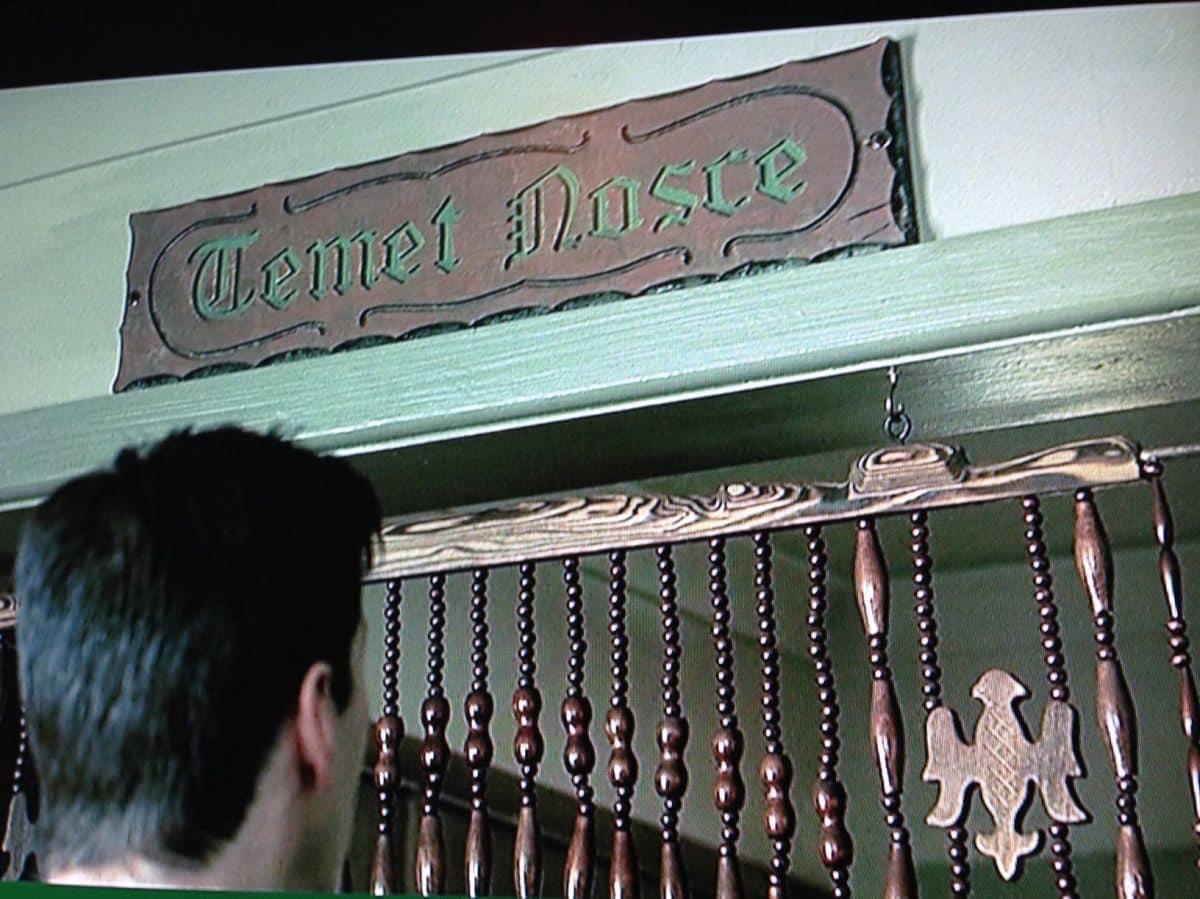
Until you honestly and accurately assess your own value, you, and the people around you, will never be truly happy.
Why? Because humans get feel good chemicals released in their brains whenever they reaffirm where they “fit” in the hierarchies they are a part of. We’re a social species that evolved, survived, and thrived to work together. If you don’t know your value, you don’t know where you best fit and so you can’t acknowledge your superiors nor can you be looked up to and help those with less value than you.
To some people, this is an offensive concept. Sure, “all lives matter” but to pretend all lives equally create objective value for society is a fantasy. Yes, there are many forms of value (not just economic), and all should be recognized and appreciated. The net sum of all value judgments are always there, even if only subconsciously. When we look at someone, we put them on a spectrum of “good” or “bad” and we’re constantly updating that metric in real time. “Don’t judge me!” is a disconnect from reality. We are all constantly evaluating our surroundings, looking for safety, seeking pleasure, avoiding pain, finding comfort and meaning and purpose and joy and connection, etc.
When we don’t know our own value, we can’t honestly say, “You’re better than me on this metric, and I submit to your earned authority via competency there.” We also can’t lead others and create trust in them with a, “I’ve got the skills and experience necessary to do this better, you can trust me and let go of worry, fear, and anxiety about this issue. I’ve got you and will lead you in this area.”
It all comes back to the Latin phrase Temet Nosce or “Know Thyself.”
If you get attached to an identity story that is out of alignment with observed reality for those around you, you are participating in a recipe for increased suffering. It can show up in many ways such as sabotaging your own view of those who lead you because you may either be prideful or insecure (or both) about your actual contribution and may fear that if you accept how much better they are than you in some areas, you may question why they are still with you or if they will remain so. It goes the other way as well. If you can’t see how valuable you are to others, and, importantly, in the ways they value you, then you won’t have the confidence to lean in to that value and be less concerned about other metrics where you don’t lead. Unless people are fundamentally mismatched and the one of lesser net sum value isn’t willing to up their game on as many metrics as possible, then the answer to many relational challenges is simply acknowledging and appreciating what is. Deep gratitude and humility and deferring to one other’s strengths creates the vulnerable intimacy we crave. Outing the way we need each other is healthy and helps us align with where we are deficient and where we have abundance. It creates interdependence instead of codependence.
Relationships are transactional. Unconditional love sounds great in theory, but it can lead to lopsided and dysfunctional relationships. Funny thing is, most people want to be in relationship and be unconditionally loved. The way to do that is knowing yourself, be unconditionally loved for who you actually are AND to know your value (and shortcomings where you can lean on the value of others) and use it all effectively to maintain healthy relationships.
In summary, if you can’t be happy with who you are, you’ll never allow others to make you happy, which is sad for everyone.